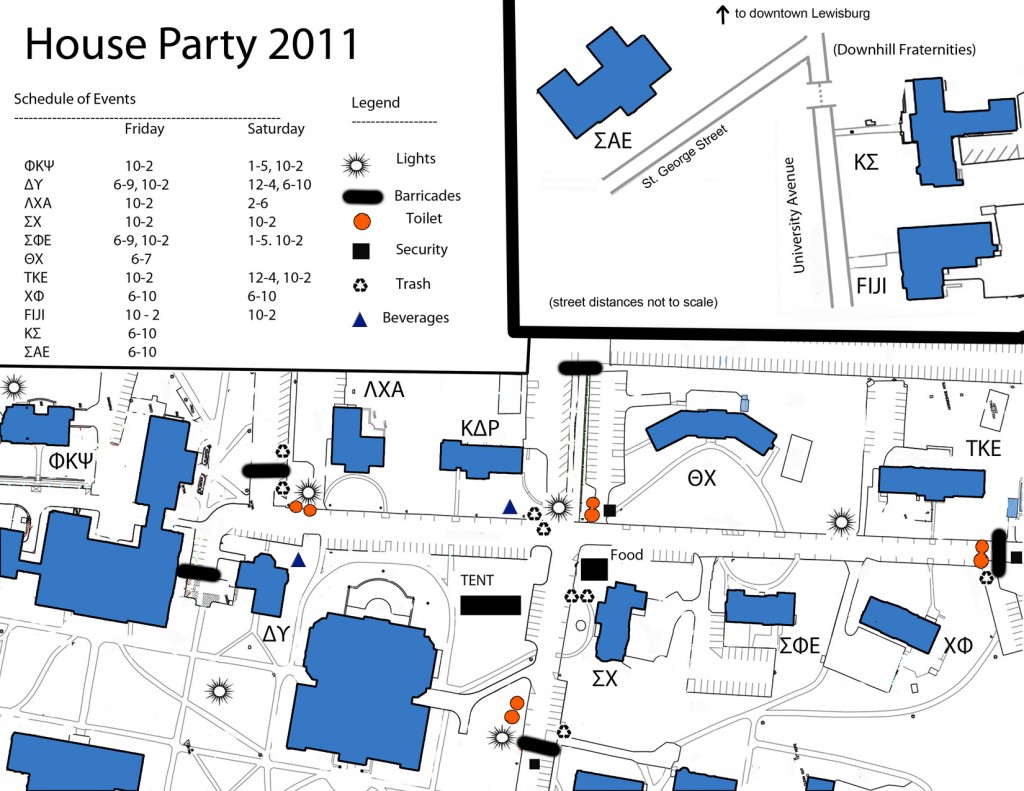By Eliza Macdonald
Writer
The Washington D.C. lead water crisis of 2004 impacted the world of civil engineering and trust in government agencies, a visiting civil engineering professor from Virginia Tech argued last week.
On Thursday, March 24 in the Elaine Langone Center forum, Dr. Marc Edwards lectured on his research on the baffling findings from the water crisis in the D.C. area.
“Lead in water is an unusual contaminant,” Edwards said. He explained that there are three main sources that can add lead to water: lead pipes, lead solder and leaded brass. All three can be found in many homes across America.
Edwards further explained that due to a change from adding chlorine in the water to a new chemical called chloramine, the residual rust on the lead pipes leading into each D.C. home leaked slowly into the water systems.
Chloramine was used instead of chlorine due to a new Environmental Protection Agency (EPA) regulation, but the EPA was unaware that the chlorine in the water had been keeping the lead rust on the pipe and out of the water.
The District of Columbia Water and Sewer Authority (WASA) ran its regular tests in several homes and found an elevated level of lead in the water. WASA officials decided not to inform anyone of the elevated levels.
This original lie created a snowball effect through the EPA and the CDC in their tests of the D.C. water systems in homes. In all of these tests of the lead in water levels, each organization said that there was no danger to these levels.
Edwards decided to do his own research on this claim and found that the levels of lead in water were five times the level set by the EPA as hazardous waste. This was after three years of lead poisoning.
After extensive research, Edwards, dubbed the “plumbing professor,” was able to formally reject all of the evidence put forth by the CDC in their research on the crisis.
In his paper “Public Confidence, Down the Drain: The Federal Role in Ensuring Safe Drinking Water in the District of Columbia,” he proves each statement given by the CDC to be wrong.
Edwards concluded that, while it took him years to finally prove his findings to the CDC and the EPA, scientists have known for many years that lead in water was bad for health and that the denial of the CDC was redundant.
Lead poisoning affects every vital system in the body, and the damage done is irreversible. In some studies, average IQ levels dropped in people exposed to lead.
Edwards reminded those in the room, specifically those studying civil and environmental engineering, to remember the canon they will pledge to when issues like this arise: The engineer shall hold paramount the health, safety and welfare of the public.
“It did make me think about what the government is hiding from the U.S. population because I would think that lead-contaminated water would be an important issue, but they apparently don’t seem to think the same way,” Catherine Cowie ’14 said.
